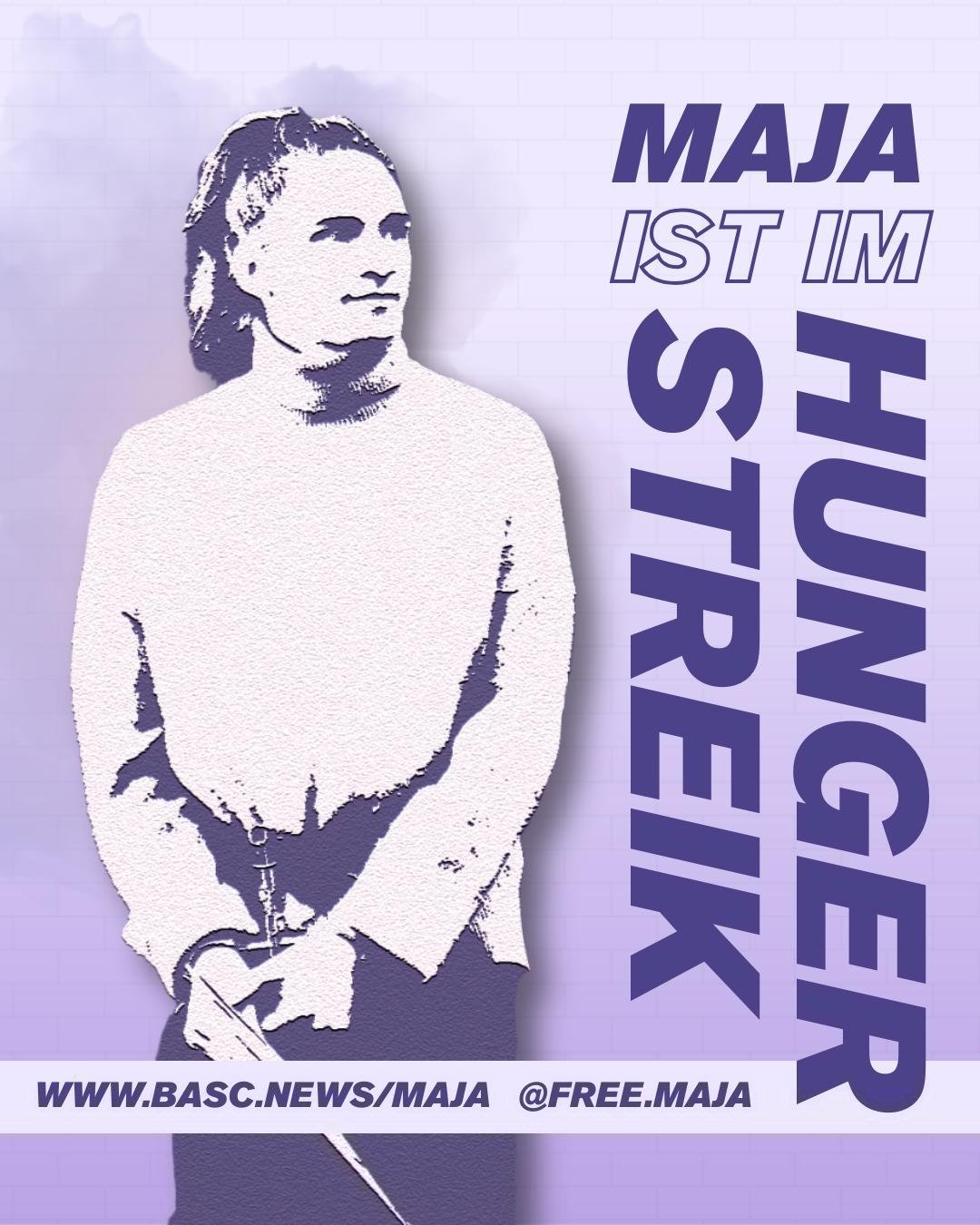German Banks Targeted in Solidarity with Imprisoned Anti-Fascist Maja T., as Hunger Strike Gains International Support
Executive Summary
Militant anti-fascist actions in Germany have intensified in support of Maja T., an imprisoned activist on hunger strike in Hungary. On June 15, anarchist militants attacked two bank branches in Leipzig, part of a broader international campaign calling for Maja’s return to Germany and the end of politically motivated extraditions to Hungary.
Analysis
The imprisonment of anti-fascist activist Maja T. in Hungary has become a flashpoint for transnational militant solidarity networks. On June 26, a group of German autonomists publicly claimed responsibility for smashing windows and writing “Free Maja” on the Sparkasse and Deutsche Volksbank branches in Leipzig’s Könneritzstraße. The statement was posted to Act for Freedom Now! and linked to a wider wave of attacks occurring in Berlin, Wuppertal, and Hamburg. These acts were framed as direct pressure on the German and Hungarian states to reverse Maja’s extradition and address the conditions of their confinement.
Maja T. was arrested and extradited from Germany to Hungary for their alleged role in anti-fascist street actions during Budapest’s annual “Day of Honor,” a far-right commemoration that draws neo-Nazis from across Europe. During protests against that march, Hungarian authorities launched a sweeping crackdown, charging foreign and local anti-fascists with membership in a criminal organization and terrorism-related offenses. Maja, after evading arrest for a time, was captured and transferred into a Hungarian prison, where they have now spent eleven months—much of it in solitary confinement. On June 5, 2025, Maja began a hunger strike demanding repatriation to Germany and the cessation of political extraditions.
In a second communique published by Abolition Media, authors Dimitra Z. and Marianna Manoura contextualize the broader campaign as a defense of militant anti-fascism during a period of resurgent nationalism in Europe. They argue that Maja’s incarceration is not merely judicial but ideological: a punitive response to international anti-fascist coordination and direct action. The authors denounce both the Hungarian state’s support for fascist movements and the German state’s complicity through its role in extradition and prosecution.
The Leipzig bank attacks were modest in tactical scale but significant in symbolic and operational intent. Financial institutions were chosen as visible symbols of the capitalist order that antifascists identify as structurally linked to state repression. The claimants explicitly endorse these actions as part of a sustained campaign—“the windows… are not the last to have clanged for Maja”—suggesting further attacks are likely unless their demands are addressed.
This case illustrates the ongoing capacity of European anti-fascist and anarchist networks to respond across borders with decentralized action. The hunger strike has served as a flashpoint, galvanizing militants not only in Germany and Hungary but in Greece and elsewhere, with accompanying calls for street-level pressure and institutional disruption. The movement frames Maja not as an isolated case, but as a representative of broader repression against militant opposition to far-right resurgence.


